Article | Back from Israel: A love letter of worry, mourning, pride, and resolve
December 31st, 2023

Article by Rabbi Noam E. Marans, American Jewish Committee’s director of Interreligious and Intergroup Relations
The Israeli motto of the moment is #BringThemHomeNow, translated to or from the Hebrew, “Machzirim otam ha-bye’tah akhshav.” But the Hebrew and English are not exactly the same, and the difference is instructive.
The English, perhaps a call to the world, is a demand of others: do whatever you – diverse government, civic, and faith leaders, influencers – can do to bring the hostages home. But the Hebrew is more profound – it actually means, “We are bringing them home now.”
It is a Zionist message. We are not delegating this sacred task to others. We are asking and are grateful for the help of others, but we are not relying upon others. We hope the world has learned the lessons of the past, in which the abandonment of the Jews was considered politically correct, but if we are, God forbid, reverting to being a “people that dwells alone” (Numbers 29:3), then we will do what we need to do.
This is the promise of Israel, Zionism, and the IDF: the Jewish people will never again be powerless.
There is, in Israel, both trauma and resolve built around the fate of the hostages and a difficult war with a ruthless enemy which, if given the chance, would again murder, rape, incinerate, and abduct peace-loving Israelis, and, as we have seen, any human beings created in the image of God regardless of faith, race, ethnicity, gender, or age.
Even as the suffering of innocent Gazans weighs heavily upon us, we must never forget they are the victims of Hamas’ cynical and inhumane tactics, in which Gazans have been used as a protective shield for an underground city of terror.
This is not just a battle for Israel or the Jewish people. It is a battle for humanity against the forces of deadly extremism.
As it becomes clearer that Israel is engaged in a long existential war on many fronts, you can feel a growing societal attempt to begin living with the new normal. But there is nothing normal about the daily announcements of Israel’s fallen heroes, the military funerals, the periodic revelations of those originally assumed to be alive and are now discovered as dead, the recovery of the murdered in the Hamas tunnels of hate.
There is nothing normal about the parents and spouses who heroically send their children and partners off to an impossible military theater, wondering who will be injured or worse.
And yet, the struggle for normalcy abides. The monumental and physically awe-inspiring National Library has opened on prime real estate, Israel’s National Mall. The majestic circular and multi-floored reading room – think Library of Congress and New York Public Library grandeur – is packed with scholars in pursuit of the truth of their respective fields. It is an impressive celebration of Jewish learning.
But then you are shaken to your core. In one of the ornate lobbies, you are greeted by a display of the hostage photos, again on the backs of empty chairs as we’ve seen in cities around the world, but this time with a library twist. They face you – six rows with 20-plus chairs each – in the foreground, directly behind the floor-to-ceiling glass, with the reading room unfolding in the background.
On each seat below each photo is a book from the library. The call to action: “this story must have a happy ending.” Protruding from each book is an old-fashioned card with the hostage’s name and a place for the library book’s due date. The stamped due date is the same for each book: “Achshav! Now!” in red.
One does not, cannot, get used to these displays.
I was in Israel on a Rabbinical Assembly (Conservative/Masorti) solidarity mission with 25 North American rabbinic colleagues. We were also joined by an equal number of Israeli rabbinic colleagues for three days. On Shabbat morning, I went to one of my favorite Jerusalem synagogues, Maayanot, a Masorti synagogue.
Again, I was shaken to my core. When reciting the prayer for the hostages, the congregation read the names of each hostage. It takes a long time. Four different readers each read a quarter of the names. Everyone turns silently to face the next reader out of respect for the mentioned.
Some of the names are as called to the Torah, others as they are known by their secular names. There was no distinction between the Jewish and non-Jewish hostages. You can see and feel that individual hostages or their loved ones are known to many of the congregants. It was one of the many times I have cried since October 7.
My rabbinic colleagues and I visited Kfar Aza to stand on the holy ground as witnesses to the massacres and abductions, to see with our own eyes the remains of what happened in that place and so many others, to pray for our most recent Jewish martyrs.
We visited the primary staging ground of Achim Laneshek, Brothers in Arms, through which thousands donated what was needed and thousands more directly affected by the crisis received what they required.
At the Hostages and Missing Families Forum headquarters, we heard from Ronen Neutra, father of kidnapped Omer, a 22-year-old lone soldier from Long Island, New York who is a former president of METNY USY. And Bar Rudaeff told us about his 61-year-old father, Lior, who went missing while defending his kibbutz, Nir Yitzchak.
The Jewish homeland is living through an “Ayn bayit asher ayn sham mayt,” (Exodus 12:30) – “No house where there was not someone dead” moment. It is a small country. Everyone is deeply affected by this crisis in a personal way. Everyone knows someone experiencing loss.
The rabbinic mission concluded at Kikar Hatufim, Hostage Square, the focal point of all public initiatives on behalf of the hostages and their loved ones. Soon after October 7, Masorti rabbis started a daily prayer and unity circle, which meets every weekday at 5 pm. It attracts a diverse community, representative of the heterogeneity of Israel’s Jews, who have set aside their differences and embraced unity.
May it be the blessing we take with us and perpetuate after these dark days, both within Israel and world Jewry. We will need it as we continue to pierce the darkness with our light.
Originally published on The Times of Israel




